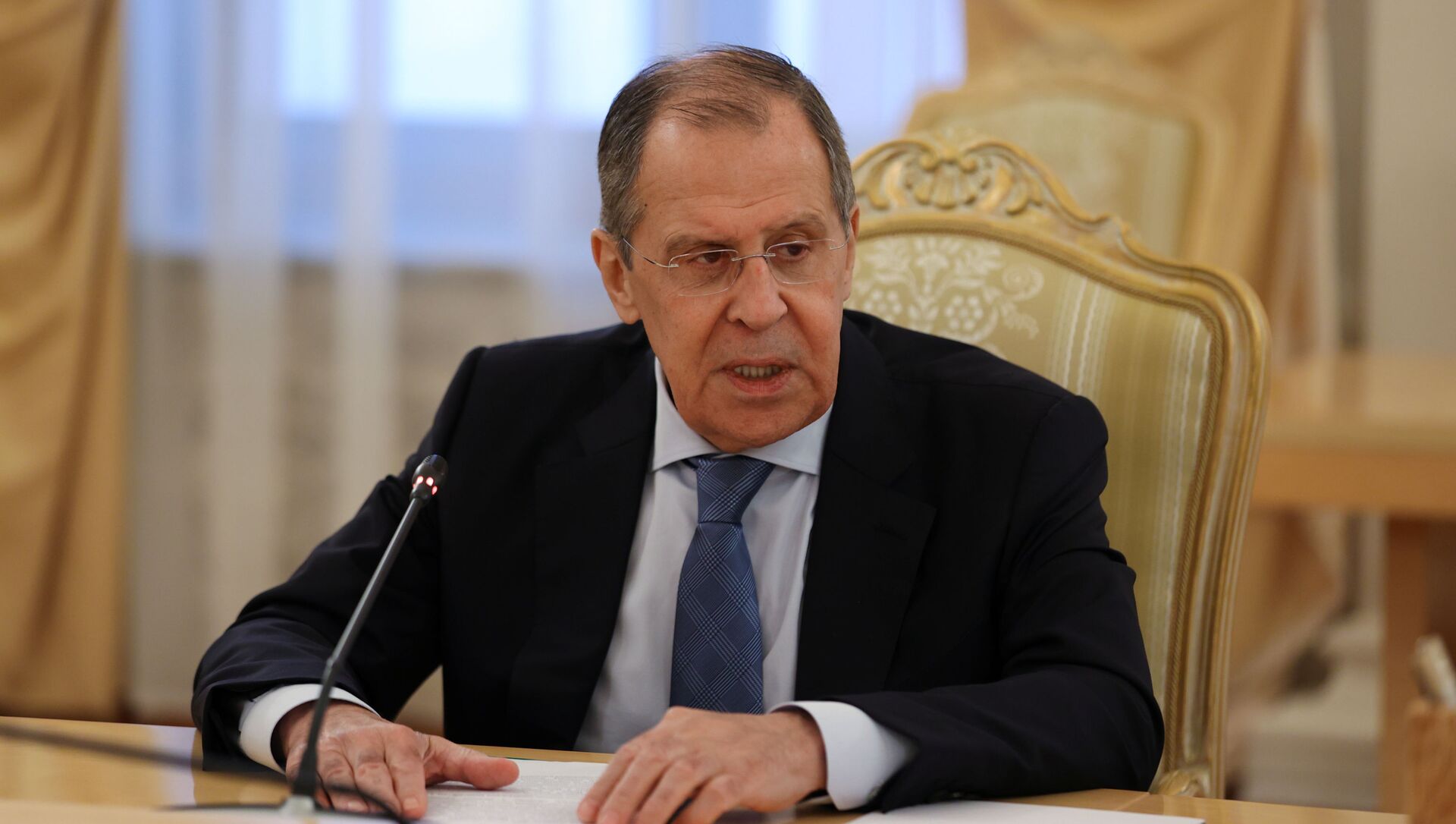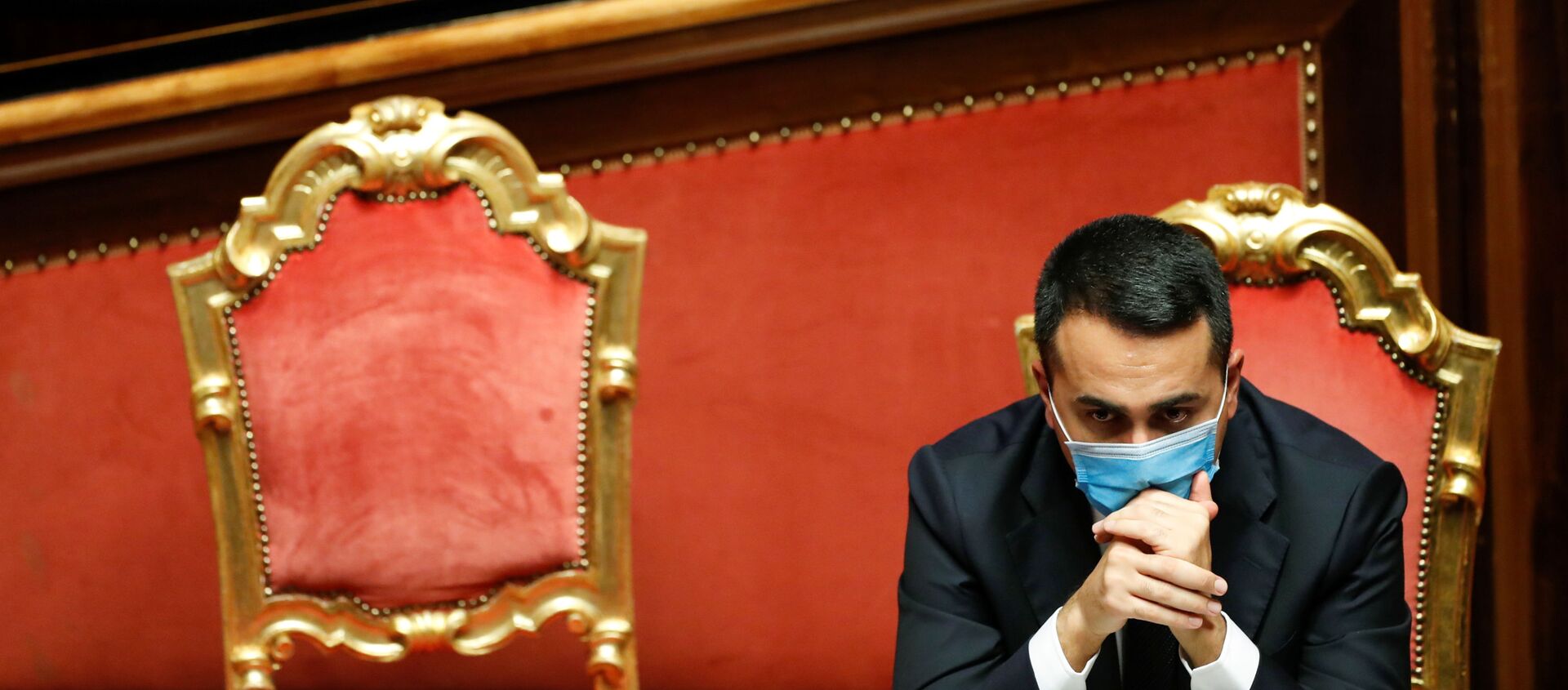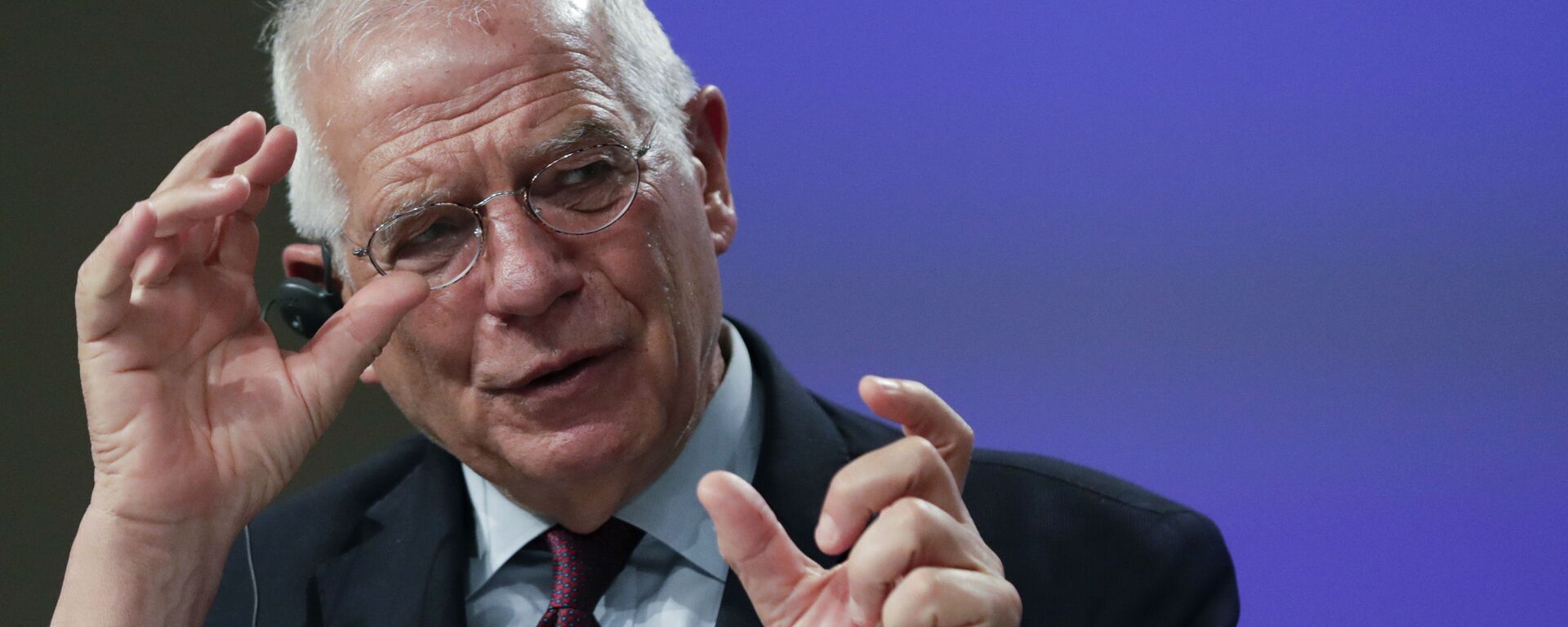The breakup between Russia and the European Union has been going on for a long time, with the bloc being the initiator, Russian Foreign Minister Sergey Lavrov said on Monday.
"In general, it is clear for any person that takes at least some interest in the situation in Europe that the breakup has been going on for many years, as the EU consistently keeps severing ties," Lavrov said at a press conference, held after talks with Finnish Foreign Minister Pekka Haavisto.
According to the Russian minister, the 2014 coup in Ukraine was a tipping point, as the EU "in fact showed it could do nothing with the agreement, which the authorities and the opposition reached just ahead of the coup and which was signed by Germany, France and Poland".
The Agreement on the settlement of the political crisis in Ukraine was signed on 21 February 2014, by the President of Ukraine Viktor Yanukovych and the leaders of the parliamentary opposition under the mediation of the European Union, stipulating return to the 2004 Constitution, the holding of early presidential elections before the end of 2014 and form a "government of national trust".
Lavrov added that there is not much left of Russia-EU relations, but Moscow is ready to continue the dialogue on mutually beneficial topics. He also said that if the EU decides to restore ties with Russia, Moscow will be ready.
Uneasy Relationship
Last week Russian Foreign Minister said that Moscow was prepared to end the relationship with the EU if the bloc introduces sanctions that put the Russian economy at risk, adding that the restrictions imposed on Moscow won't benefit Brussels.
The comments come after Josep Borrell, the EU foreign policy chief, who visited Moscow earlier this month, said that Brussels would consider imposing new sanctions against Moscow and that the topic would be discussed at EU summits in February and March, claiming that Russia was disconnecting itself from Europe.
The tensions follow several EU politicians suggesting sanctions against Russia over the case of Russian opposition figure Alexei Navalny. He sent to prison for 2 years and 8 months for violating probation terms linked to an embezzlement conviction. At least three European diplomats (from Sweden, Germany, and Poland) were expelled from the country for participating in unauthorised rallies in support of the opposition figure.




